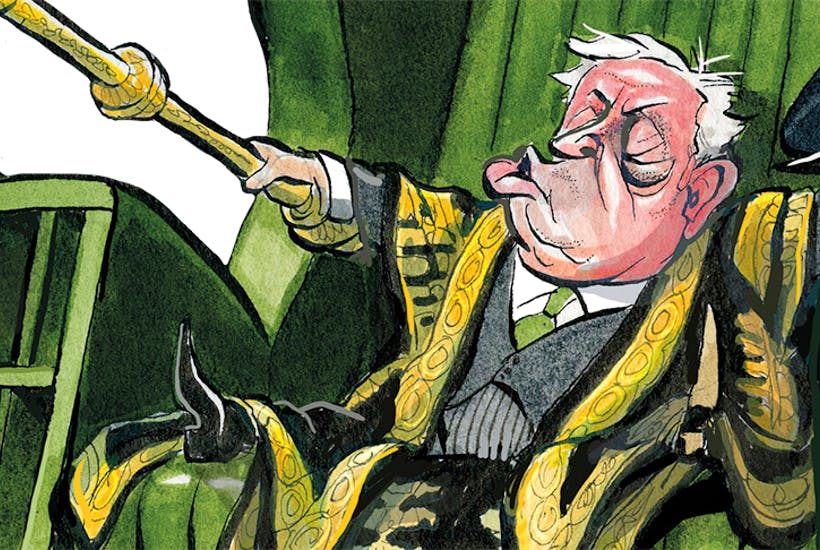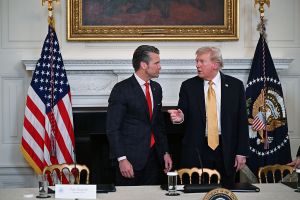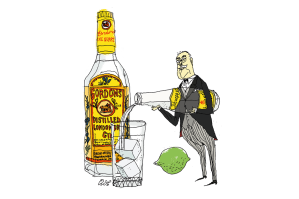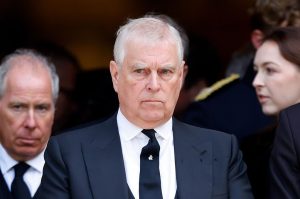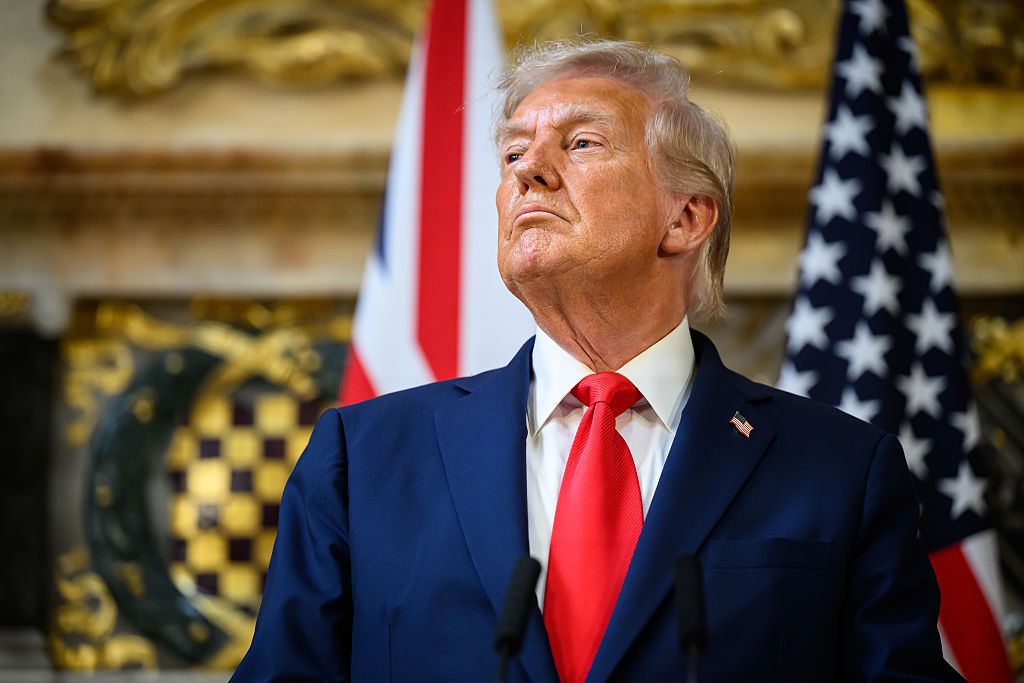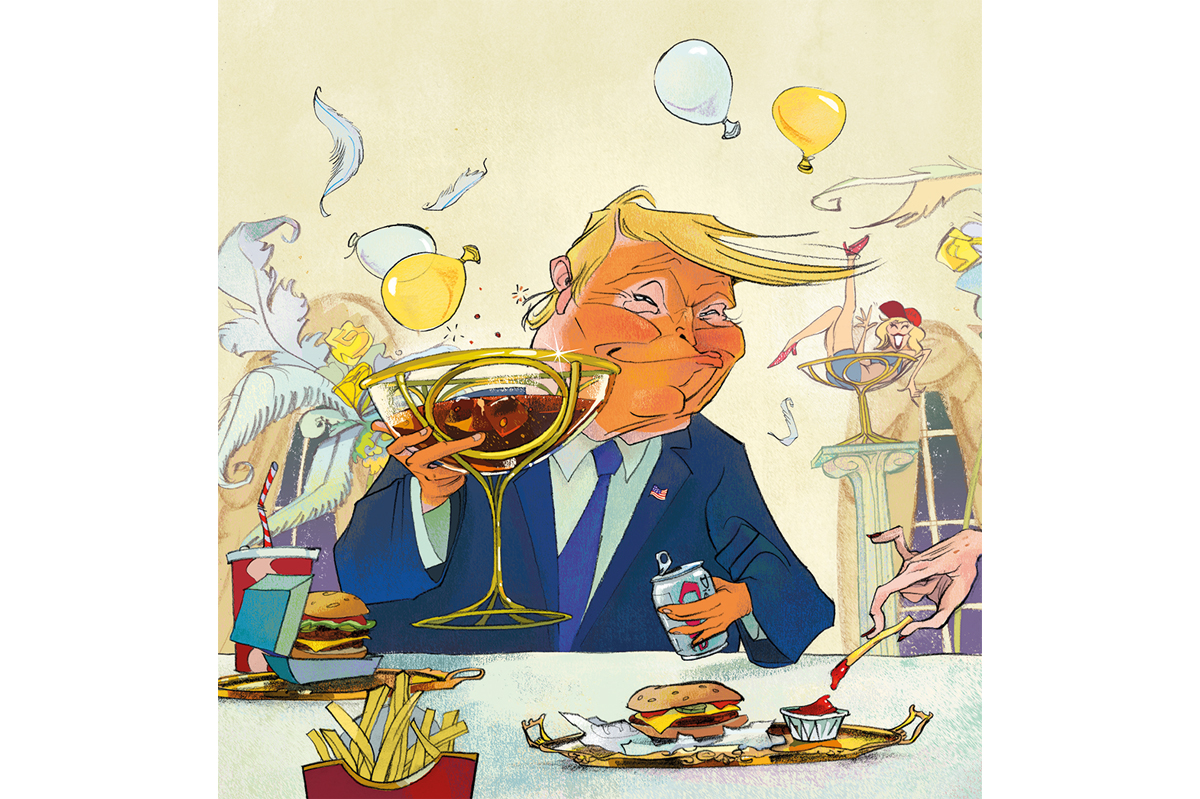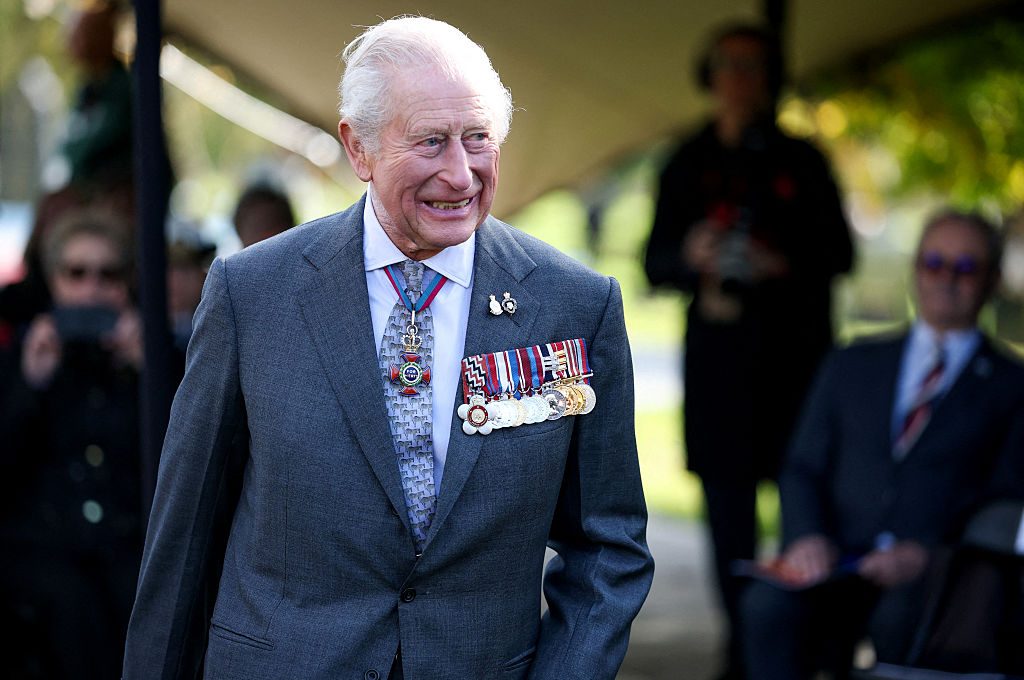Three years after British voters decided to leave the European Union, London and Brussels remain mired in the divorce process. Voters in the weekend’s European elections sent three clear but contradictory signals. Nigel Farage’s Brexit Party, a single-issue vehicle for its founder, won 31.7 percent of the votes, an unprecedented success. The Conservatives and Labour vote collapsed to 8.7 percent and 14.1 percent, reflecting popular dissatisfaction with the bungled Brexit process. But the combined haul of the anti-Brexit parties (the Liberal Democrats, the Greens, the Scottish Nationalists) amounted to a plurality, 35 percent of the votes. The European elections confirm the Brexit logjam, and return the question to Westminster, where progress of depends on the Conservatives’ choice of Theresa May’s successor .
While all eyes were on Westminster, Speaker of the House of Commons John Bercow is in Washington, DC. Bercow is not notorious for being shy and retiring, and he insists on sharing his thoughts regardless of parliamentary procedure, as when he banned Donald Trump from addressing the House of Commons. Show Bercow a stage, and he’ll clamber onto it. On Tuesday, the old trouper was hoofing on the boards of the Brookings Institution.
The boisterous Speaker’s turn at the hallowed think tank began as a stand-up routine, with Bercow bemoaning the ‘fifth-rate scribblers’ in the British press who have called him the shortest Speaker in British history. Assuming his full and diminutive height, the plucky little fellow asserted that he vertically outmatched Sir John Bussy, Sir John Wenlock and Sir Thomas Tresham, then delivered a short punchline: ‘I must admit that this was true only after all three of them had been beheaded.’
Comedic asides are oddly appropriate for a man who, having clambered into the Speaker’s chair, pledged to use his role to foster free, open and wide-ranging debate. ‘My principal and overriding concern,’ Bercow told the Brookings audience, ‘has been to try to ensure that the business of the house is livelier, more dynamic, more unpredictable, more urgent.’
Bercow has certainly added excitement to Brexit by volunteering unsolicited procedural suggestions when the ongoing crisis isn’t lively enough for him. At the Brookings, he defended his decision not to allow the May government to put forward a proposed Brexit deal earlier this year for a third vote, a decision infamous among some Brexiteers. ‘The idea that the same proposition should be put over and over again in the hope that the answer will change is not in my judgment right,’ said Bercow, who regularly demonstrates his exquisite judgment by wearing novelty ties.
Of course, many Remainers believe in holding a second referendum, or perhaps a third or fourth, until the voters get it right and swoon back into the loving embrace of the EU. To be fair, reconciling parliamentary democracy with the direct democracy of referenda is a difficult task. Thomas Wright, director of the Center on the United States and Europe at Brookings, asked Mr Bercow if Brexit has ‘fundamentally undermined … the British system of parliamentary democracy’.
Bercow denied that parliamentary democracy and a referendum are incompatible. But he knew that the law ought to defer to the House of Commons. He didn’t mention that in cases of constitutional confusion, the ultimate arbiter of Commons procedure happens to be the Speaker.
‘The idea the House won’t have its say is for the birds,’ said Bercow, owning the stage like a young Mickey Rooney. ‘It’s not for me to seek to claim to know what is the will of the people… my job is to stand up for the right of the House of Commons as an institution … to take policy forward’.
Bercow’s views on the rights of the Commons are constitutionally valid, though the idea of a patron-client relationship between the electorate and the political elite may grate on American ears. American conservatives, for all their fondness for Edmund Burke, rarely paraphrase Burke on the relationship between MP and voter as Bercow did: ‘I betray instead of serve you if I sacrifice my judgement for your opinion.’
‘The only duty of a Member of Parliament is to do what he or she thinks is right,’ Bercow elaborated. ‘The member must decide what he or she thinks is right: right for the country, right for Europe, or right for the world.’
Burke said much the same to the electors of Bristol in 1775. They turned him out of office in the next election. When Bercow asserts his right to block a ‘no deal’ Brexit — the choice of the Brexit party’s voters, a substantial minority of Conservative MPs, and of several candidates to succeed Theresa May — is he repeating Burke’s error?
‘Parliament and individual parliamentarians will have strong views on these matters,’ declared Bercow. ‘The idea that there’s an inevitability of a no-deal Brexit would be a quite wrong suggestion.’ Parliament must decide, he said, regardless of who is the next prime minister. Quoting the Liberal prime minister William Gladstone — always a dangerous sign — Bercow reiterated Parliament’s mission as being ‘not to govern the country, but to hold to account those who do.’
Bercow did not explain whether he was referring to the incoming Tory prime minister, or to the sovereign people, or to the Queen, or to the BBC and the proprietors of Champions League soccer. What he did make clear was that, whoever the next prime minister is and whatever happens with Brexit, John Bercow, the Napoleon of the Commons, will be topping the bill — and quite possibly doing his utmost to block No Deal — in the national interest, of course.



